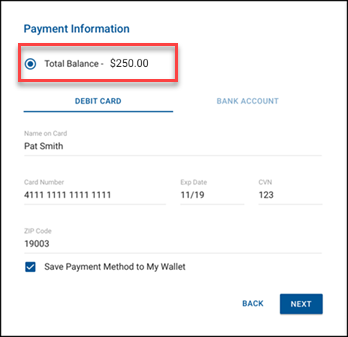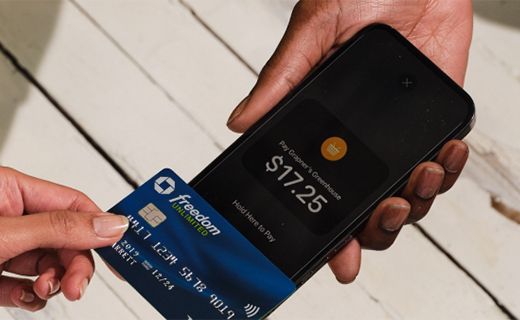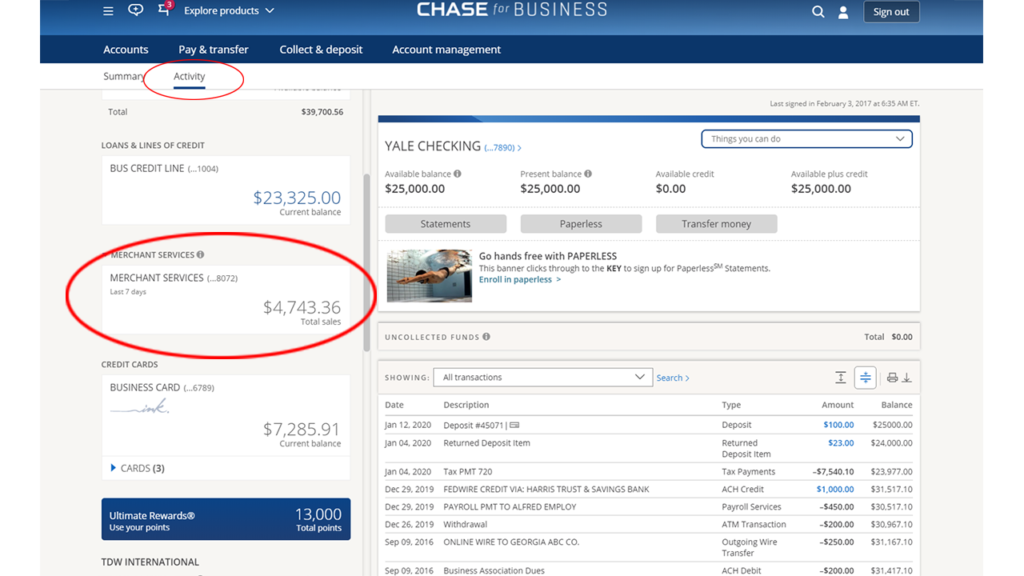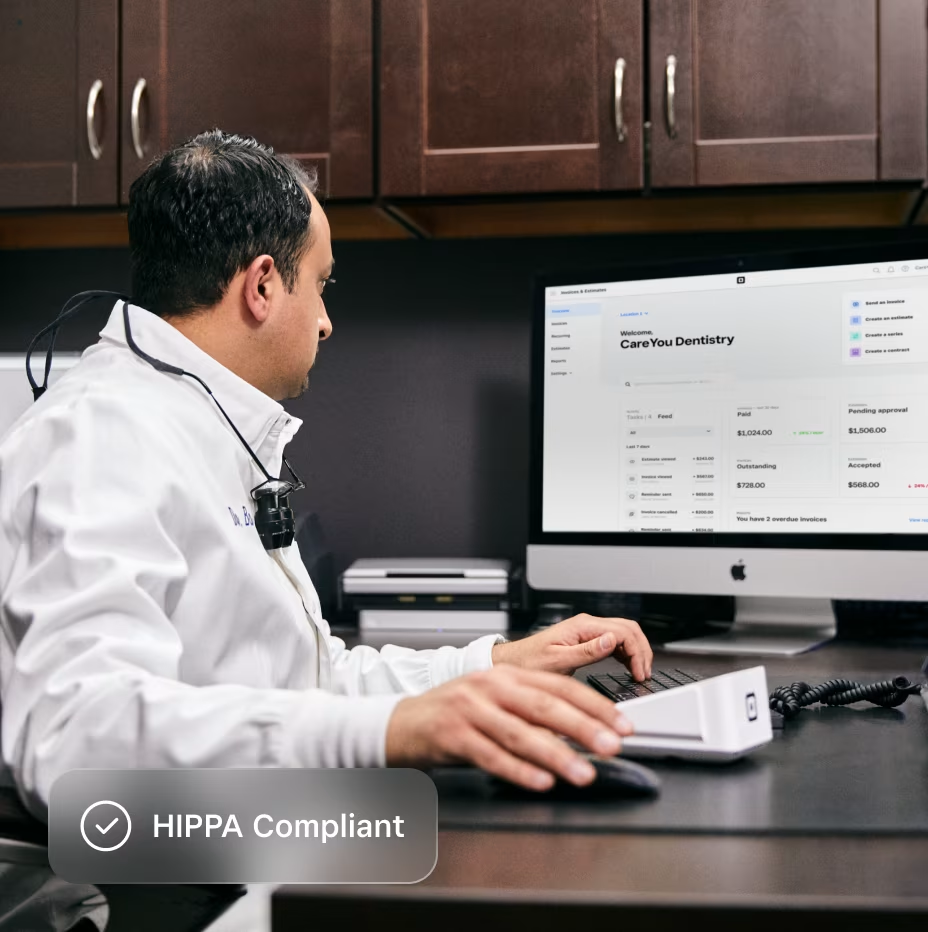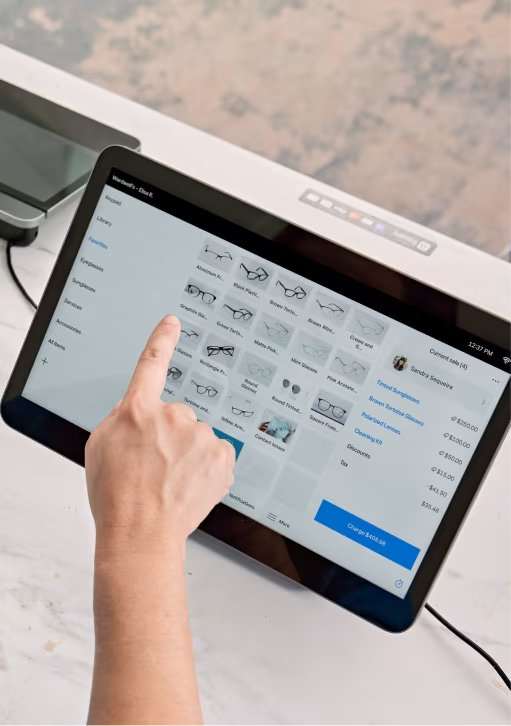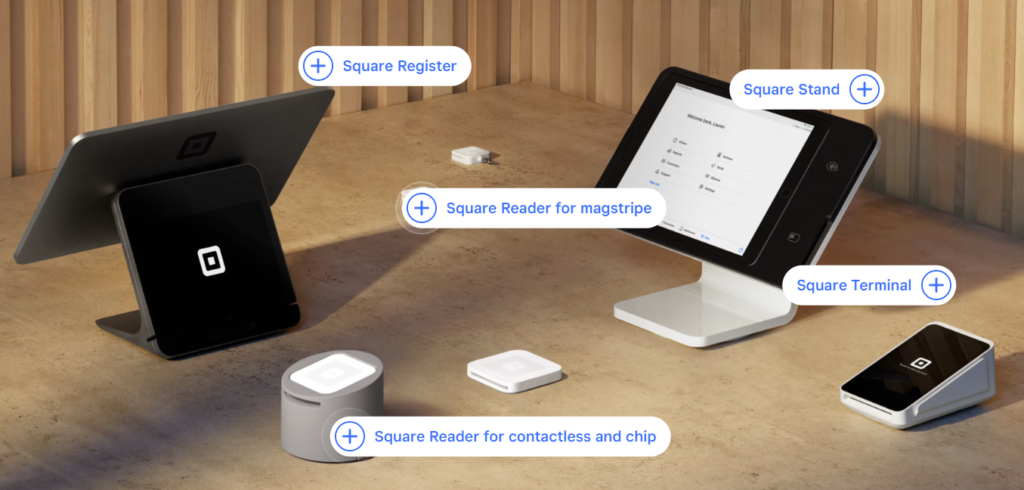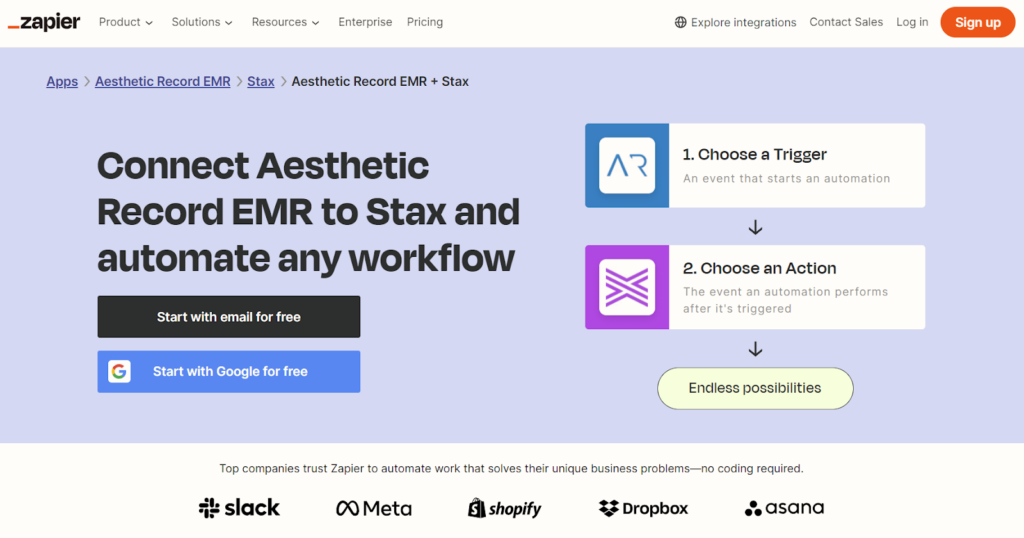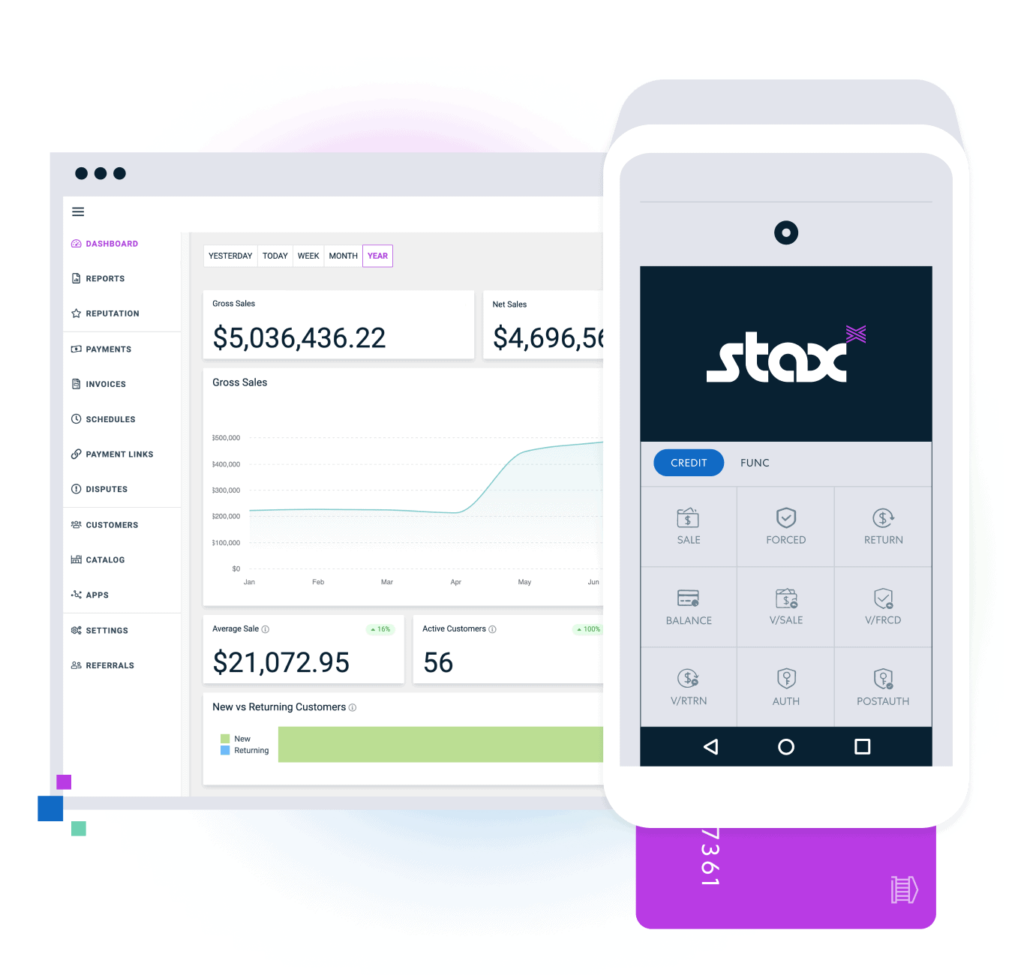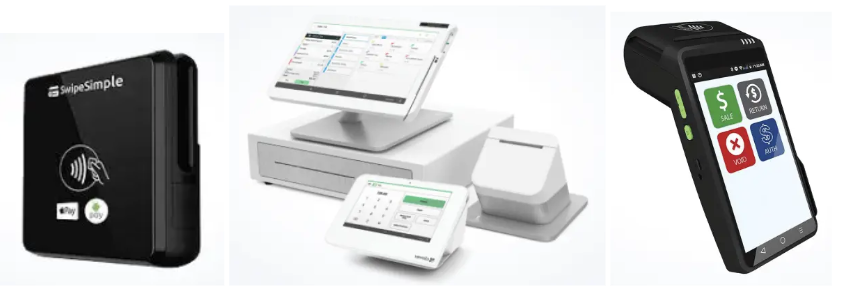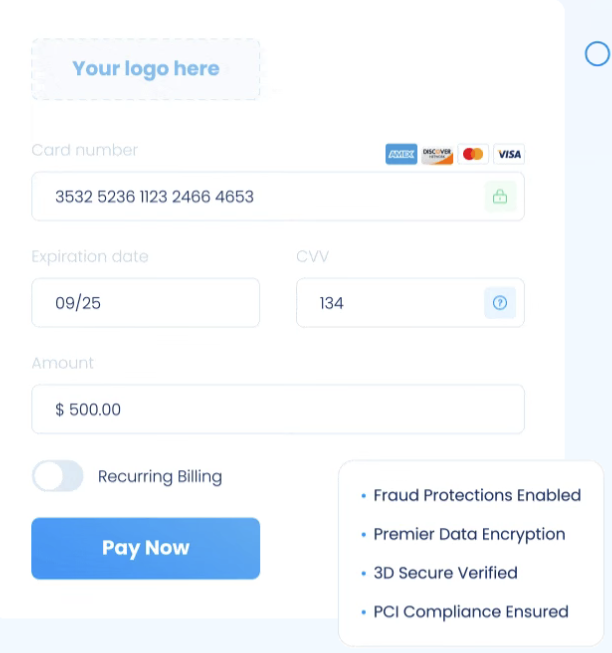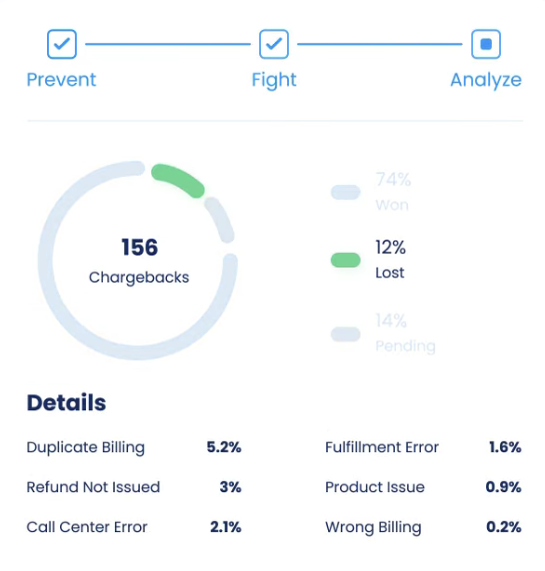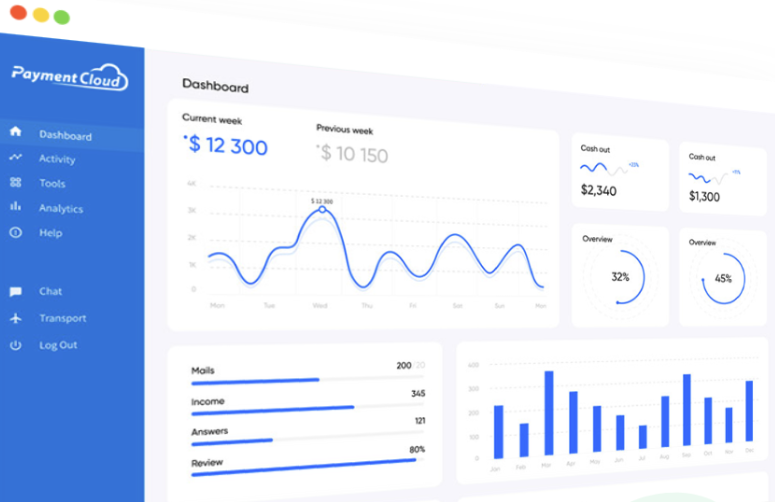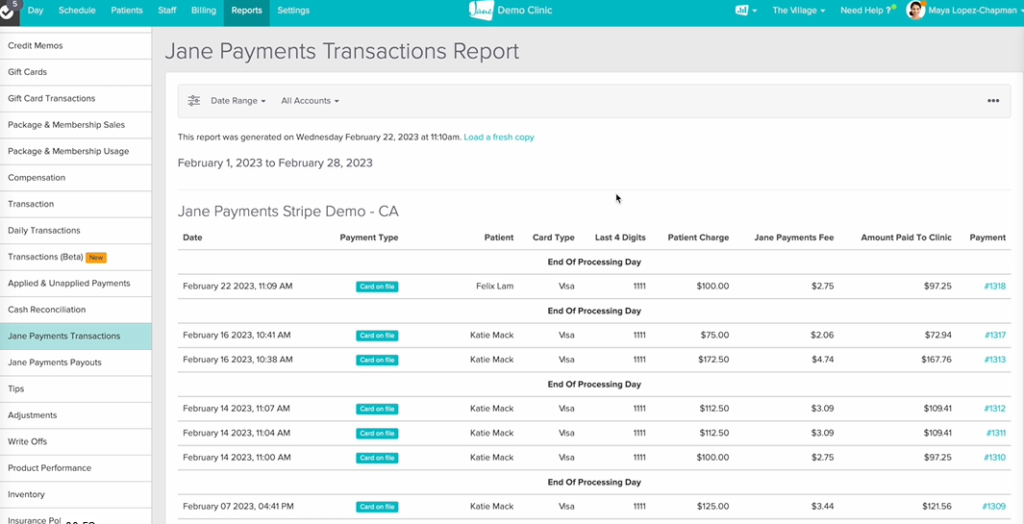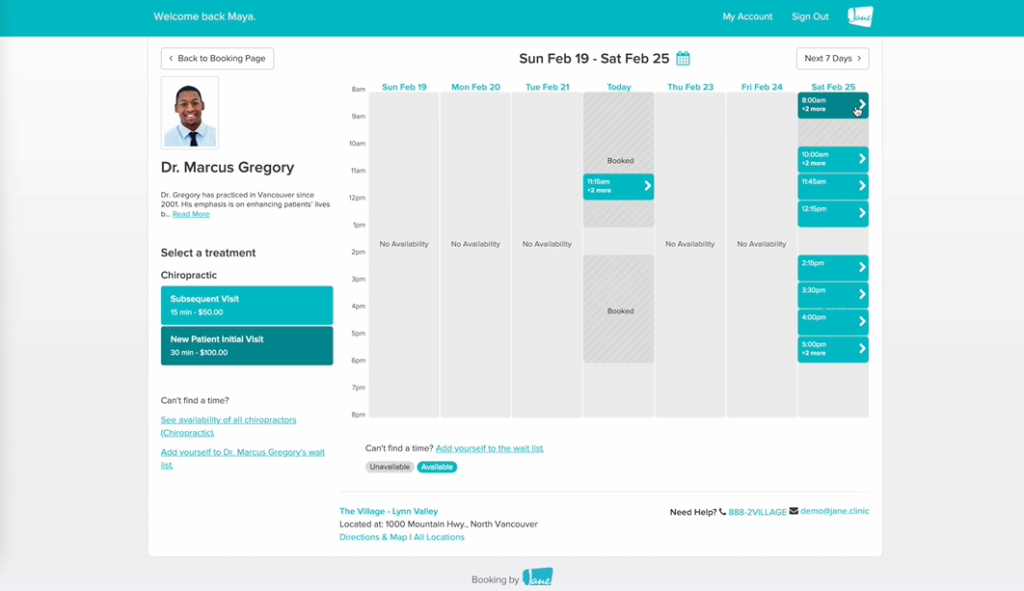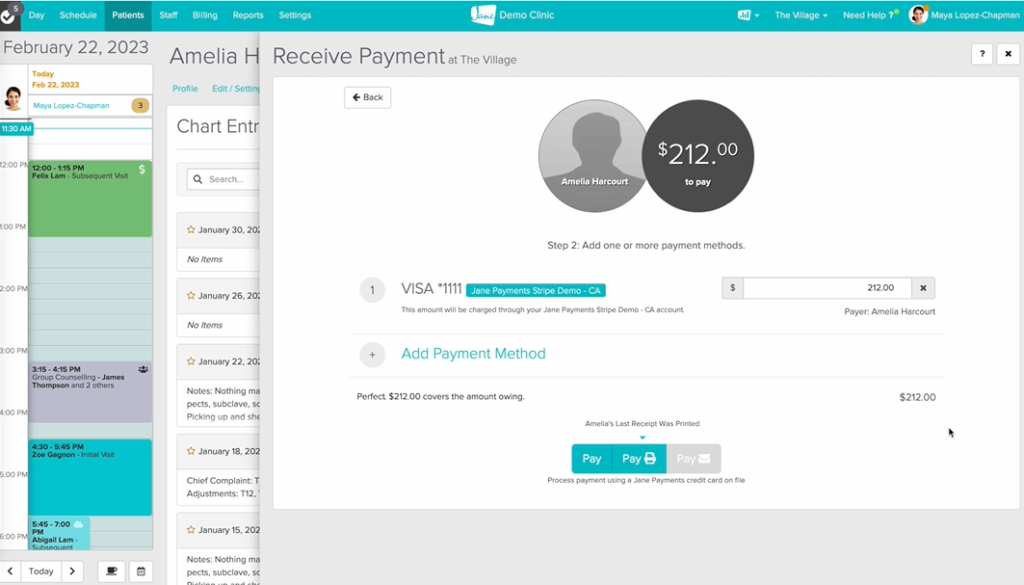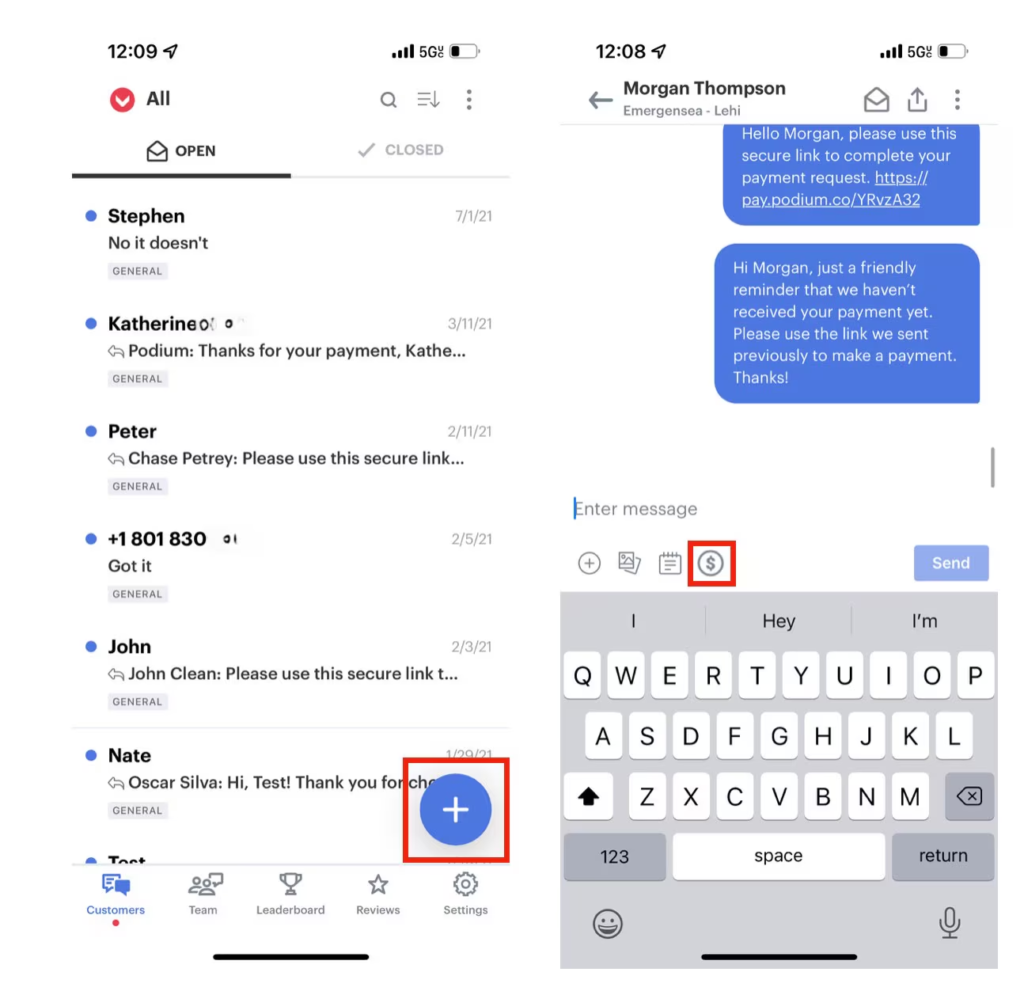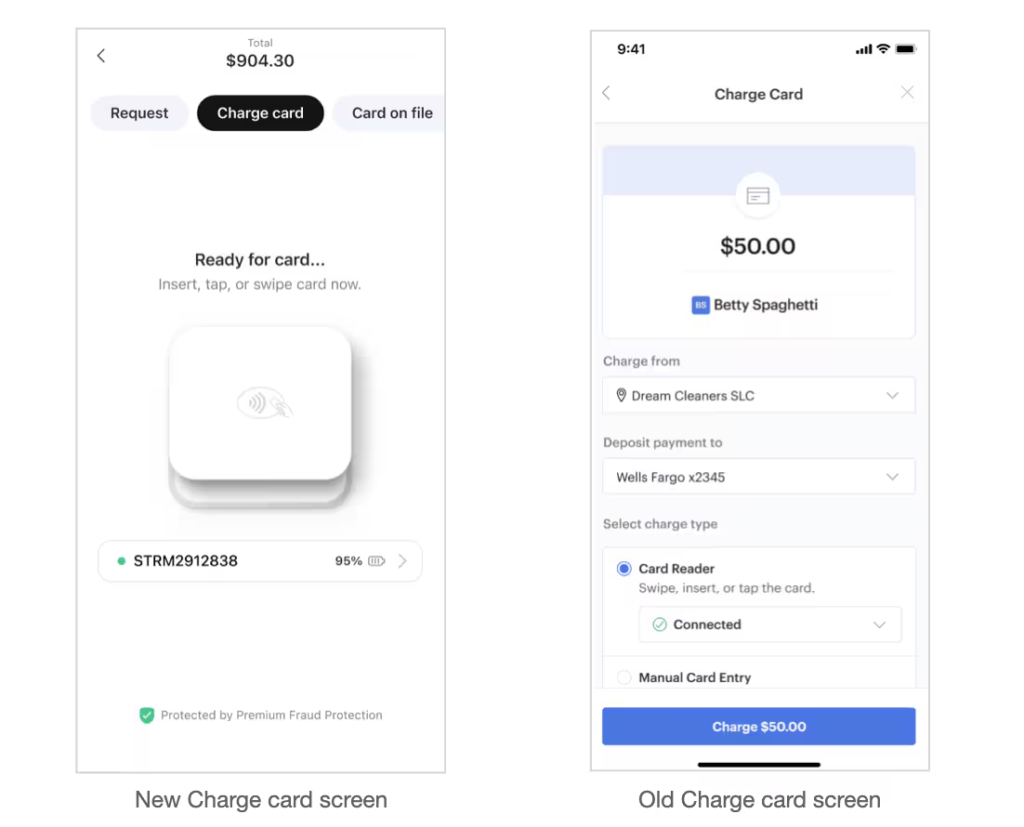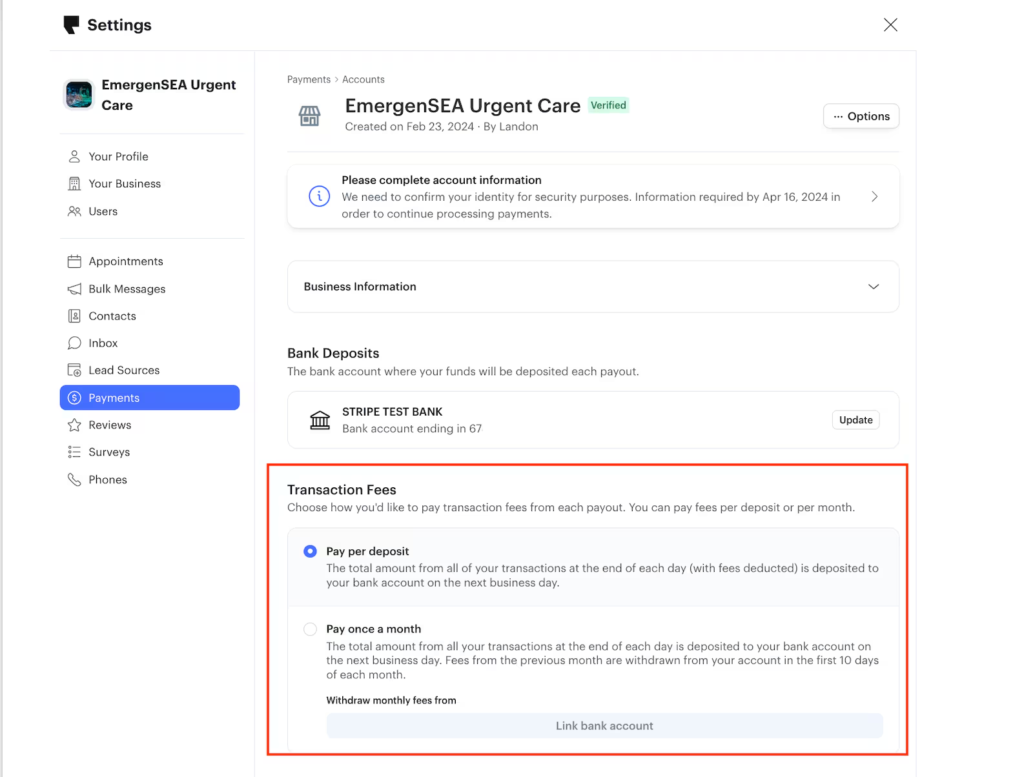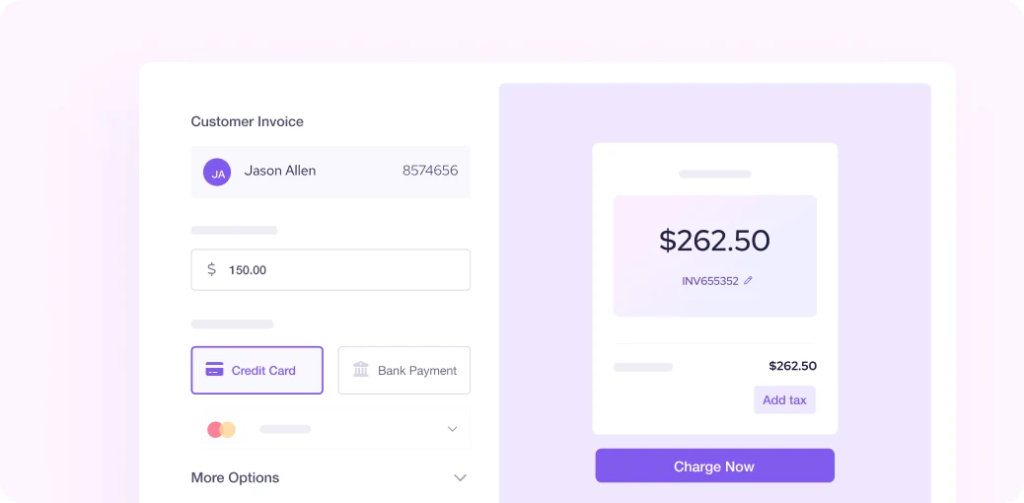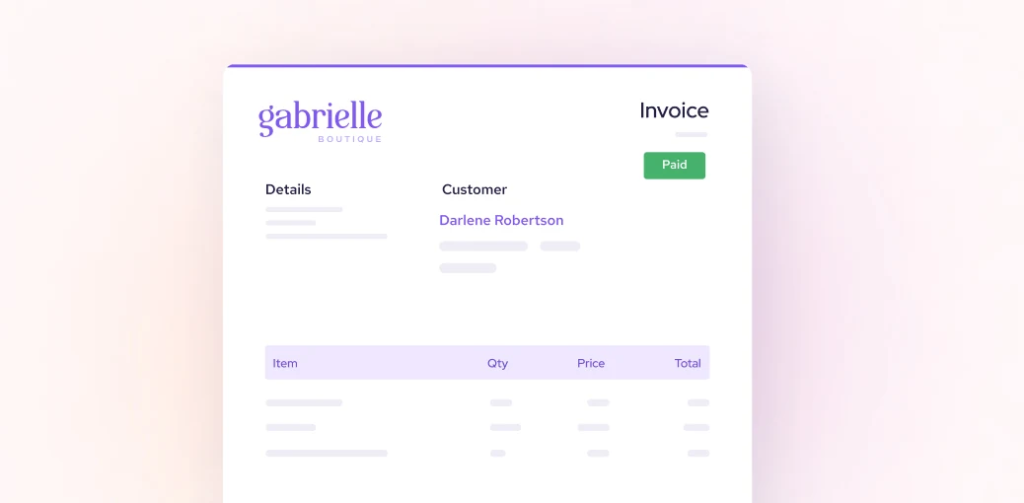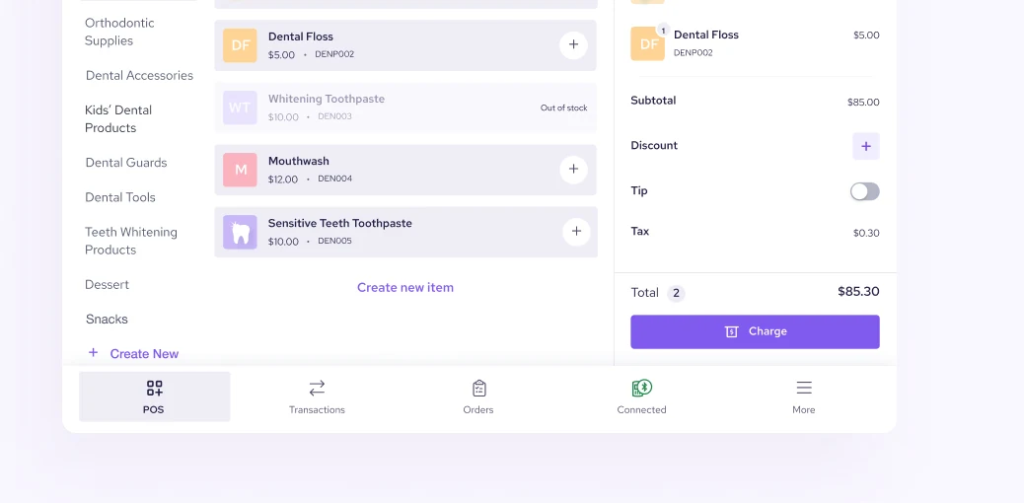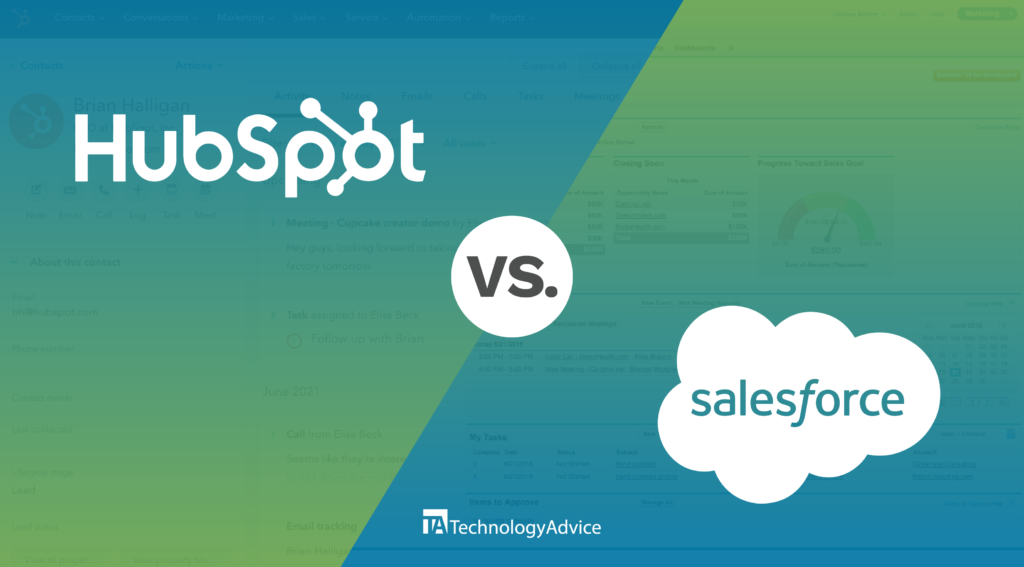Healthcare providers and businesses need payment processing solutions that cater to their unique needs. This involves compliance with regulations, seamless EHR and PMS integrations, and the ability to handle various payment methods, including government-issued debit cards like FSA and HSA.
For this article, I looked at the top healthcare payment processors and evaluated them based on their healthcare-specific tools, pricing, features, and user experience.
Based on my evaluation, here are the best healthcare payment solutions for 2025:
SPONSORED
Software Spotlight: PaymentCloud
Flexible payment processing for any business
- 98% of applications are approved for a merchant account
- Wide range of payment options – including no-cost (surcharging)
- Month-to-month contract
- No setup, application, or annual fees
Visit PaymentCloud
For this list, I considered various credit card processing providers for mid- to large-sized healthcare businesses. I evaluated Health Insurance Portability and Accountability Act (HIPAA) compliance, electronic health record (EHR) and patient management system (PMS) integrations, payment methods, and initial and ongoing costs. Customer reviews, deposit speed, and customer support are also assessed in the selection process.
Below is a breakdown of the categories I used to grade each platform. Each category also includes my expert score, which contributes to its overall score.
Healthcare-specific tools
I first considered the providers’ capability to handle the needs of a healthcare business. Providers with multiple payment methods, fraud protection, EHR and PMS integrations, and FSA/HSA card support received the highest scores. Since payment processing alone is not required to be HIPAA-compliant, I gave bonus points to providers that are fully HIPAA-compliant. Solutions that provide signed Business Associate Agreements (BAA) to help healthcare businesses become fully compliant also received high scores.
Pricing and features
I considered various fees that may be incurred, such as setup and monthly fees, processing fees, chargeback fees, and hardware costs. Other integrations, security, and Payment Card Industry Data Security Standard (PCI DSS) compliance are also considered.
User experience
The ease of user experience is an important consideration when choosing a payment solutions partner. I looked at various factors that affect the overall user experience of using the payment processing platform, such as customer support, deposit speed, system reliability, application and onboarding, contract terms, and scalability.
User reviews from third-party software platforms Capterra, G2, and Software Advice were also included in my evaluation of user experience. These review sites offer real-world experience from actual users, and they were significant in bridging the gap between what providers present and what was delivered to their clients.
March 18, 2025: Andrea Herrera evaluated three additional providers and included seven of the best ones instead of five. She also updated the user review scores, checked the accuracy of the information for each provider, and made updates as needed.
My recommendations for healthcare payment solutions are based on more than two years of evaluating payment processing solutions across different industries and business types. To score each one, I reviewed their healthcare-specific tools, thoroughly researched each provider’s specifications, tested the solutions hands-on when possible, and gathered feedback from real-life users.
Best healthcare payment processing comparison
Providers
Our Score (out of 5)
Monthly Fee Starts At
Processing Fee Structure
HIPAA/BAA
EHR Integration

Chase
4.58
$0
Flat-rate
✓
InstaMed, 40+ other integrations

Square
4.49
$0
Flat-rate
✓
Remedly, DrChrono, ClinicSense, EZDerm

Stax
4.32
$99
Interchange-plus
✕
Aesthetics Record EMR, Psyquel, OptiMantra, DrChrono

PaymentCloud
4.30
$10
Flat-rate
Signed BAA
Not specified
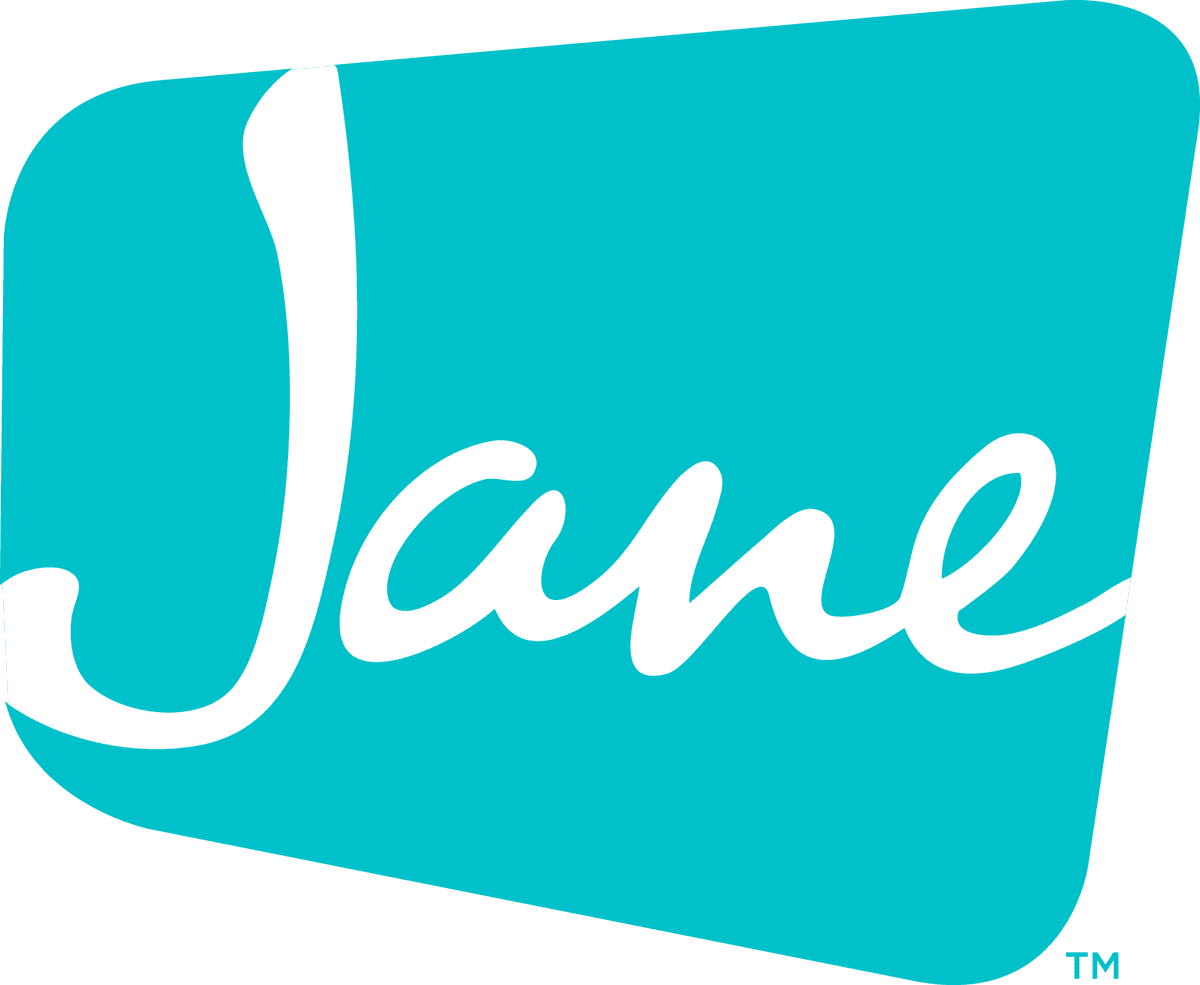
Jane Payments
4.20
$39
Flat-rate
✓
Jane App

Podium Payments
4.19
$399
Flat-rate
✓
40+ integrations

Helcim
4.06
$0
Interchange-plus
Signed BAA
PatientSERV, DrChrono
What is HIPAA compliance?
HIPAA compliance ensures healthcare providers protect patient data privacy and secure electronic medical records. This involves using strong encryption, signing Business Associate Agreements (BAA), implementing strict access controls, and maintaining detailed audit trails to prevent data breaches and ensure the confidentiality and integrity of patient health information.

Chase Payment Solutions: Best for easy EHR and PMS
Overall Score
4.58/5
Healthcare-specific tools
5.0/5
Pricing & features
4.11/5
User experience
4.63/5
User scores
4.50/5
Pros
- Native integration with InstaMed
- Fully HIPAA-compliant
- Integrates with many EHR and PMS
Cons
- Possible tiered pricing with InstaMed
- Only for businesses in the US
- Does not support high-risk businesses
Why I chose Chase Payment Solutions
Chase Payment Solutions stands out for healthcare providers due to its robust integration capabilities and comprehensive compliance features. One of my key reasons for choosing Chase is its native integration with InstaMed, a leading healthcare payment processing platform that is fully HIPAA-compliant and owned by Chase. This integration simplifies the connection with electronic health records (EHR) and patient management systems (PMS), ensuring secure and efficient transactions.
It supports various payment methods, including in-person card payments via Tap to Pay on iPhone, credit and debit cards, Apple Pay, and Google Pay. It also features same-day deposits, providing quick access to funds. The platform is PCI-DSS compliant and offers secure storage of patient card details for automatic payments. Additionally, Chase provides detailed reporting tools and 24/7 customer support.
While Square offers a versatile ecosystem with competitive pricing and extensive tools, Chase’s InstaMed integration specifically targets healthcare needs. Stax provides customizable solutions and transparent pricing, but Chase’s same-day deposit and easy EHR integrations offer a distinct advantage for healthcare providers. For those requiring high-risk merchant support, PaymentCloud might be more suitable, but Chase’s overall feature set makes it a top choice for secure and efficient healthcare payment processing.
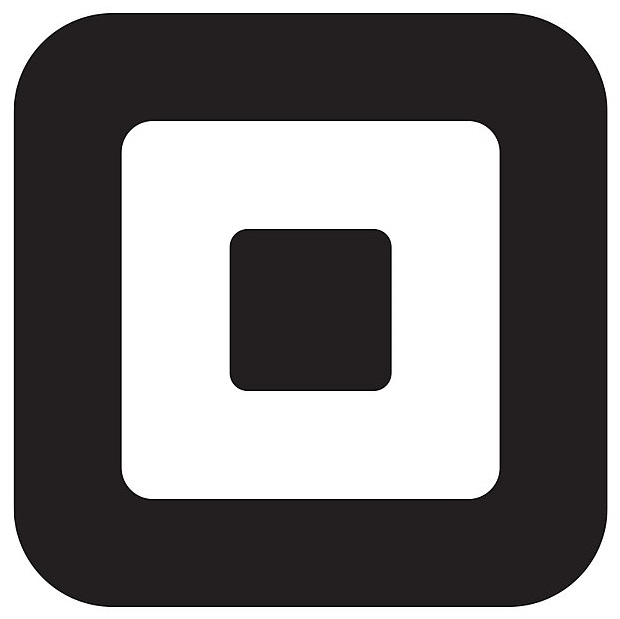
Square: Best for comprehensive business tools
Overall Score
4.49/5
Healthcare-specific tools
5.0/5
Pricing & features
4.29/5
User experience
4.18/5
User scores
4.67/5
Pros
- Fully HIPAA-compliant
- Robust omnichannel payment processing tools
- Free website builder
Cons
- Limited customer hours
- Account stability issues
- Expensive for high-volume transactions
Why I chose Square
Square is perfect for healthcare providers due to its full HIPAA compliance and versatile payment tools. It supports FSA/HSA debit cards, credit/debit cards, and ACH payments, providing patients with flexibility in terms of payment methods. The free website builder and virtual terminal save costs and simplify payment management.
It provides easy integration with various healthcare software like Noterro, DrChrono, and EZDERM, plus you can create custom solutions with API integration. Square is also PCI-DSS-compliant and its Risk Manager helps lower and manage fraud risk.
However, Square’s flat rate pricing can be expensive for high-volume transactions. Although it can offer custom rates for businesses transacting more than $250,000 a month, you will need to contact Square and negotiate for it. Limited customer support hours may be a drawback, but Square’s user-friendly tools and comprehensive features make it a top pick for many healthcare providers. It’s great for small to mid-sized practices, whereas Stax might be better for higher volumes.

Stax: Best for large-volume healthcare businesses
Overall Score
4.32/5
Healthcare-specific tools
4.50/5
Pricing & features
3.93/5
User experience
4.54/5
User scores
3.83/5
Pros
- Interchange-plus pricing
- 24/7 customer support
- Designed to handle high volume of transactions
Cons
- Monthly fees
- Expensive for low-volume businesses
- Only available for businesses in the US
Why I chose Stax
Stax is perfect for large-volume healthcare businesses because it handles high transaction volumes smoothly. Its transparent interchange-plus pricing means you know exactly what you’re paying, which is great for managing costs.
Stax integrates effortlessly with various EHR and EMR systems like Aesthetic Record EMR, Psyquel, and DrChrono, making it super convenient. It also supports a wide range of payment methods, including FSA/HSA debit cards, credit/debit cards, and ACH payments. Security is top-notch with PCI-DSS compliance, stored card payments, and automatic updates. Plus, their 24/7 customer support ensures you get help whenever you need it.
Compared to other providers, Stax’s edge is with its clear pricing, interchange-plus pricing structure, and high transaction capacity. While Square offers extensive tools, Stax’s focus on high-volume transactions and healthcare-specific integrations make it the better choice for big healthcare operations.

PaymentCloud: Best for telemedicine and high-risk healthcare businesses
Overall Score
4.30/5
Healthcare-specific tools
4.75/5
Pricing & features
4.29/5
User experience
3.87/5
User scores
4.70/5
Pros
- Supports high-risk merchants
- Free card reader
- Tailored solutions
Cons
- No publicly disclosed pricing
- Longer approval times
- Additional fee for virtual terminal
Why I chose PaymentCloud
PaymentCloud is the only provider on this list offering support for high-risk businesses. Although most healthcare merchants are not in the high-risk category, telemedicine is still often considered a high–risk industry. If you run a telemedicine practice, PaymentCloud is a highly suitable healthcare payment solution.
Although it may have a slightly longer approval process than other providers, PaymentCloud has a very high 98% merchant approval rate. It can work with any payment gateway and tailor custom solutions based on your needs, which means it can work with almost any EHR, EMR, or PMS platform.
One of the best things about PaymentCloud is you will get a dedicated account manager to help you right from the start so you can rely on having a specific person to get in touch with if you need any support. Its focus on high-risk merchants also necessitates heavy emphasis on fraud prevention, which is provided through its strong fraud protection tools.

Jane Payments: Best for all-in-one patient management and payments
Overall Score
4.20/5
Healthcare-specific tools
4.50/5
Pricing & features
4.17/5
User experience
3.42/5
User scores
4.53/5
Pros
- Integrated patient management and payment processing platform
- Appointment scheduling
- Payment reminders by text and email
Cons
- Limited scalability
- Limited customizations and analytics
- Limited 3rd-party integrations
Why I chose Jane Payments
Jane Payments is well-known for its seamless integration of payment processing with patient management features. I think this makes it a strong choice for healthcare practices seeking an all-in-one solution. Its user-friendly interface, flexible payment options, and built-in invoicing tools simplify both administrative tasks and patient billing workflows. Additionally, Jane Payments offers transparent pricing and compliance with PCI standards, ensuring secure and reliable transactions.
This solution is particularly well-suited for smaller practices and wellness providers looking for an intuitive platform that supports both in-person and virtual healthcare services. The ability to streamline operations while enhancing the patient experience makes Jane Payments a valuable addition to this list of healthcare payment solutions.
However, I think Jane Payment’s limited customizations and integrations make it suitable only if it has everything you need within the app and you have no plans of adding any extra functionality through integrations.

Podium Payments: Best for patient engagement and lead management
Overall Score
4.19/5
Healthcare-specific tools
5.0/5
Pricing & features
3.57/5
User experience
3.99/5
User scores
4.40/5
Pros
- Robust communication tools
- AI-powered lead management platform
- HIPAA-compliant
Cons
- Higher cost
- Limited customer support hours
- Added fee for premium fraud protection
Why I chose Podium Payments
Podium is unique compared to other providers on this list. It is the only one mainly designed for patient engagement and lead management. It uses Stripe as its embedded payment processor which converts its robust communication tools and AI-powered lead management tools into a platform that seamlessly combines patient interactions and payment processing.
Aside from its text-to-pay capability, Podium also has Tap to Pay on mobile so you can turn your mobile phone into your card reader. It also allows installment payments through Affirm.
Despite higher costs and limited support hours, Podium’s secure payment processing and comprehensive engagement tools make it a top choice for healthcare providers aiming to improve patient experience and manage leads efficiently. Compared to Square and Stax, Podium’s emphasis on patient engagement provides an added layer of value.

Helcim: Best for interchange-plus fees
Overall Score
4.06/5
Healthcare-specific tools
3.75/5
Pricing & features
4.46/5
User experience
3.95/5
User scores
4.13/5
Pros
- Interchange-plus pricing
- Automatic volume discounts
- All-in-one platform
Cons
- Limited customer support hours
- No offline payments
- Lack of specialized healthcare tools
Why I chose Helcim
Helcim is an excellent choice for healthcare providers due to its transparent interchange-plus pricing and automatic volume discounts, which together help reduce payment processing costs as practices grow. This pricing structure ensures fairness and scalability, making it ideal for healthcare practices with fluctuating or high transaction volumes.
The platform also excels in offering versatile payment options, including in-person, online, and recurring billing, allowing practices to accommodate diverse patient needs. With robust security measures like PCI compliance and data encryption, alongside customizable invoicing and patient payment plans, Helcim empowers healthcare practices to streamline operations while maintaining a seamless and secure payment experience.
Choosing the best healthcare payment solution for your business
Selecting the right healthcare payment processor is crucial for ensuring smooth, secure, and efficient transactions. The best choice depends on your specific needs, such as the volume of transactions, required integrations, and budget. If seamless EHR and PMS integration is essential, Chase Payment Solutions, with its InstaMed integration, could be the perfect fit.
For comprehensive business tools and HIPAA compliance, Square stands out. Stax is ideal for large-volume transactions, while PaymentCloud caters to high-risk and telemedicine practices. Finally, Podium Payments is unparalleled in patient engagement and lead management. Consider these options carefully to find the solution that best supports your healthcare business needs.
Frequently asked questions (FAQs)
Any processes that involve the transmission or storage of protected health information need to be HIPAA-compliant. Payment processors that handle PHI must adhere to HIPAA standards to protect patient privacy and comply with the law. For pure payment processing that does not involve PHI, providers do not need to be HIPAA-compliant.
HIPAA regulates the protection of PHI within healthcare settings to ensure patient privacy and security, overseen by the U.S. Department of Health and Human Services (HHS). In contrast, PCI DSS sets standards for securing payment card data to prevent fraud and breaches, managed by the PCI Security Standards Council. HIPAA applies specifically to healthcare organizations handling PHI, while PCI DSS is relevant to any entity processing payment card information, each with distinct compliance requirements and enforcement mechanisms.
The penalties vary based on the severity and circumstances of the violation but can include fines ranging from $100 to $50,000 per violation, with a maximum annual penalty of $1.5 million per violation category. In addition to financial penalties, HIPAA violations can result in criminal charges in cases of deliberate negligence or intentional misuse of protected health information (PHI). Entities found to be in violation may also be required to implement corrective action plans to address deficiencies in their HIPAA compliance practices.
Three common types of payment systems in healthcare are Fee-for-Service (FFS), where providers are paid for each service rendered; Capitation, where providers receive a fixed amount per patient per month; and Value-Based Care, which ties reimbursement to the quality and outcomes of care rather than the volume of services provided.
Billing refers to the process of generating and sending invoices to patients for healthcare services, while payment processing involves the handling of payments once they are made, including authorization, transaction processing, and funds transfer. Billing focuses on documenting charges, whereas payment processing ensures the secure and timely completion of financial transactions.
Bundled payments in healthcare are a payment model where a single, lump-sum payment covers all services related to a specific treatment or condition over a defined period. This includes all aspects of care, such as diagnosis, treatment, and post-care. The goal is to incentivize providers to deliver more coordinated and cost-efficient care while improving patient outcomes.
Capitation payments are a payment model in healthcare where providers receive a fixed, pre-determined amount of money per patient, typically on a monthly basis, regardless of the number or type of services provided. This model incentivizes providers to focus on preventive care and manage resources efficiently, as they are responsible for all care needs within the set payment amount.



